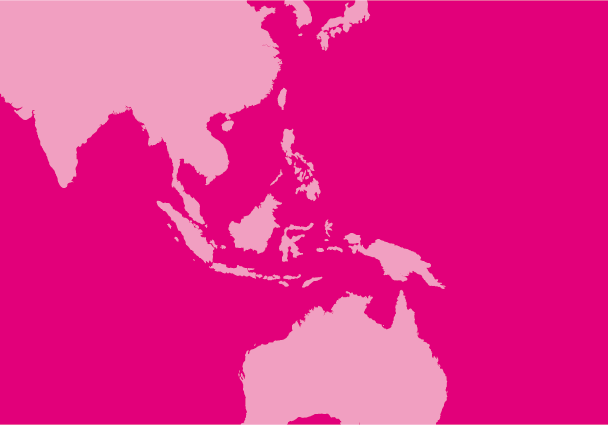
Oct 11, 2022 | Advocacy, Non-legal submissions
UN General Assembly resolution 60/251 requires that members elected to the Human Rights Council (HRC) uphold the highest standards in the promotion and protection of human rights. We, the undersigned organizations, have held longstanding and publicly expressed concerns about the state of human rights in Viet Nam. Viet Nam must immediately commit to taking concrete steps to improve its human rights performance, including by releasing arbitrarily detained human rights defenders, including journalists, ensuring the rights to freedom of expression and association, and improving cooperation with international human rights mechanisms. Such steps would be needed for Viet Nam to become a credible member of the Council.
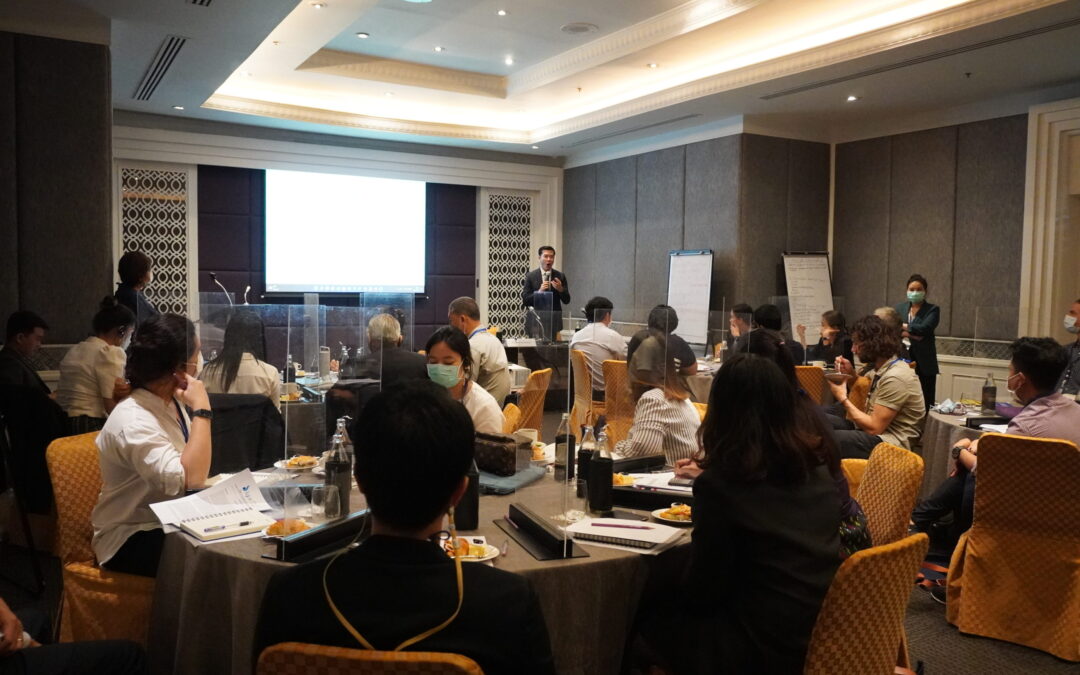
Oct 3, 2022 | Events, News
“States must take steps to strengthen access to justice for victims of extraterritorial corporate human rights harms in Cambodia, Lao PDR, Myanmar, Thailand, and Vietnam (‘CLMTV’)”, according to dozens of human rights lawyers from the Mekong Region at a Workshop hosted by the International Commission of Jurists (ICJ) and EarthRights International on 8 and 9 September 2022 in Bangkok.
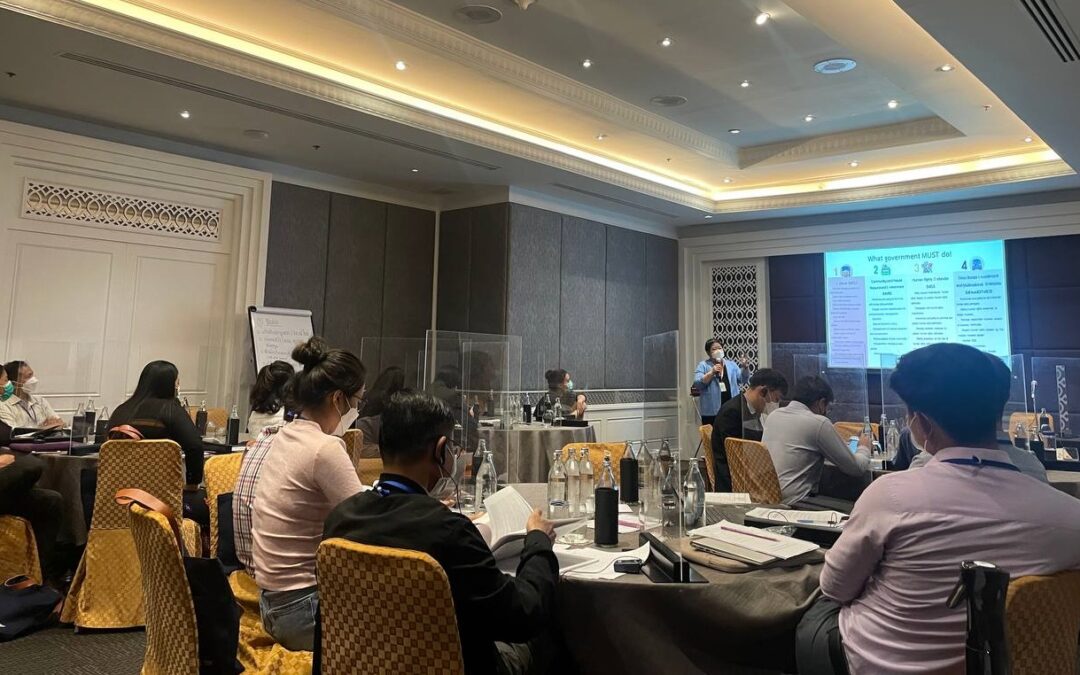
Sep 26, 2022 | News
Cases of alleged human rights abuses by Thai companies operating abroad are not being effectively investigated, according to participants at a consultative dialogue between human rights lawyers from Cambodia, Lao PDR, Myanmar, Thailand and Vietnam and representatives of the National Human Rights Commission of Thailand (NHRCT) and Thailand’s National Action Plan on Business and Human Rights (NAP) Implementation Monitoring Sub-Committee on 9 September 2022.
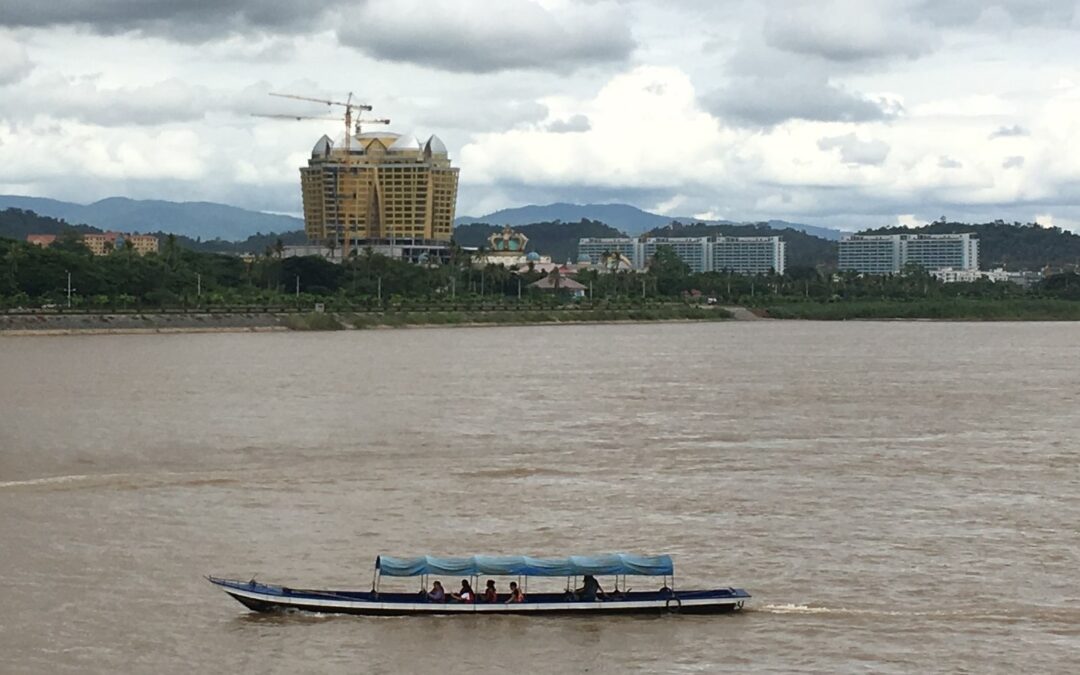
Aug 10, 2022 | News
The ICJ, together with Chulalongkorn University’s Center for Social Development Studies (CSDS), held a consultative meeting on 10 August 2022 with a wide range of stakeholders involved in helping the Mekong countries set up SEZs to discuss the adverse human rights consequences of the Special Economic Zones (SEZs) in the region at the Faculty of Political Science, Chulalongkorn University.
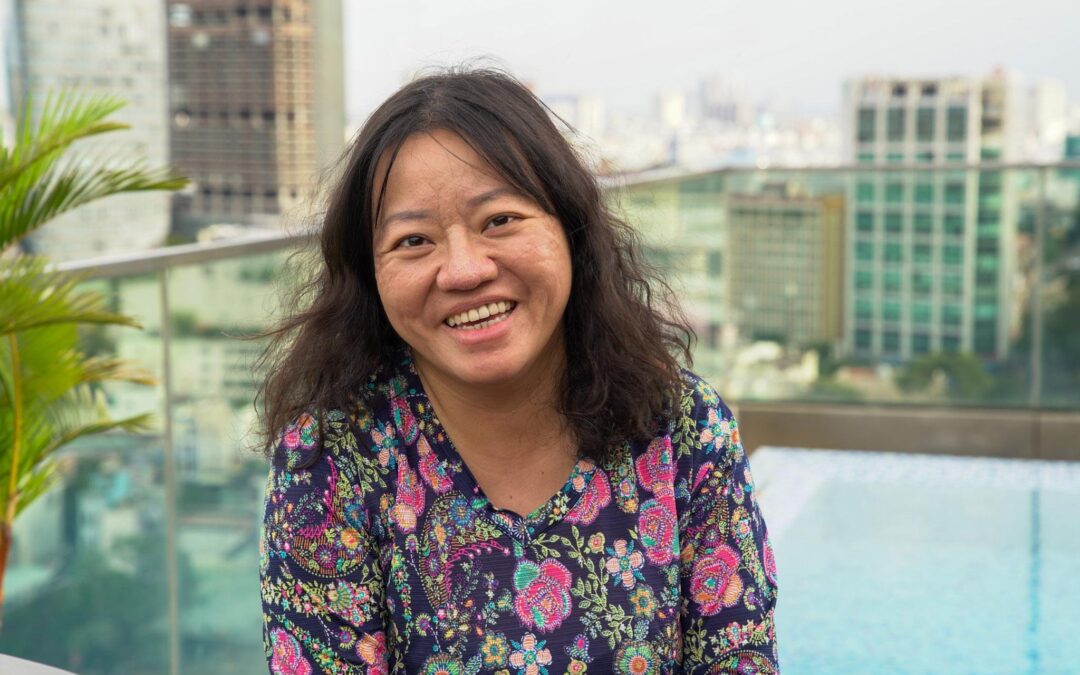
Oct 26, 2021 | News
Ahead of her upcoming trial on 4 November, 28 human rights and freedom of expression organizations today condemn the ongoing arbitrary detention of independent journalist and woman human rights defender Pham Doan Trang.









